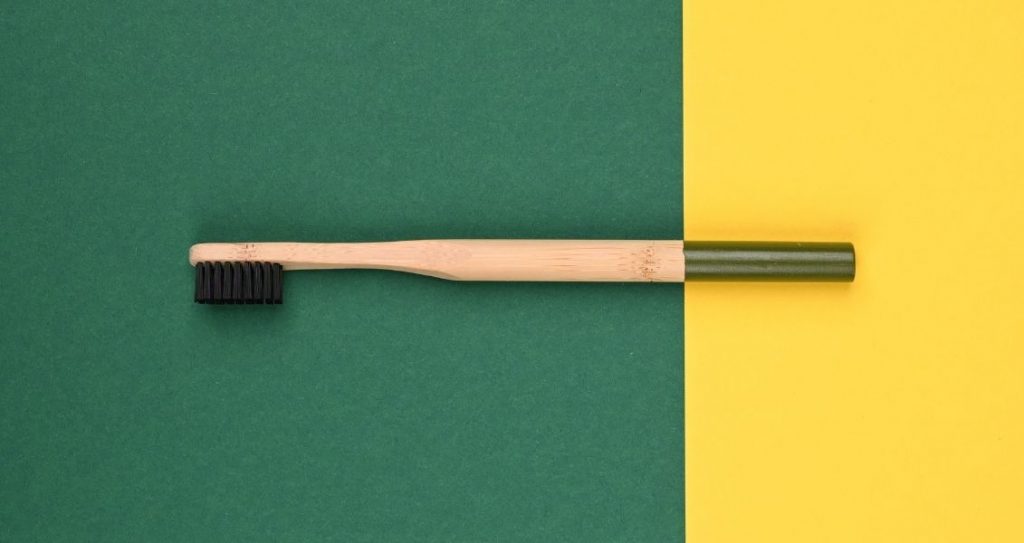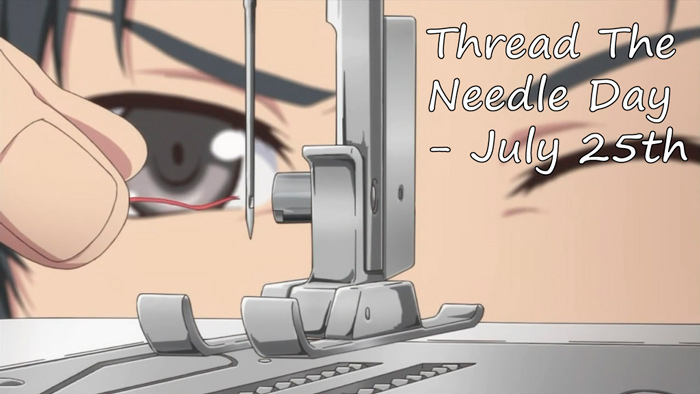International Dentist Day
What day is it?
Healthy teeth are an integral part of the general health of every person. In order for us to be able to maintain our teeth in good condition throughout our lives and have the opportunity to smile snow-white, the profession of a dentist exists. Dentists — doctors specializing in oral health and hygiene. They monitor the development of our teeth from childhood, diagnose problems, treat and teach how to care for teeth and gums. Every year on February 9, representatives of this extremely important profession celebrate their professional holiday — International Dentist Day.
How did the idea of celebrating the International Day of the Dentist come about?
The earliest artefacts related to dentistry date back to around 7000 BC. In the human remains found on the territory of modern Pakistan, holes in the teeth drilled with the help of a silicon drill were found. This is probably how our ancient ancestors tried to fight caries, although no traces of fillings were found.
The civilization of Ancient Egypt left behind quite a lot of facts about stomatology. In the tombs of Egyptian pharaohs, several teeth were found connected to each other with a gold wire. Scientists suggest that this object could serve as a dental prosthesis. Of course, then there was also the practice of removing diseased teeth. There is no evidence of filling teeth in Ancient Egypt, but caries was already treated with the help of rubbing various pastes, the recipes of which have been preserved in ancient papyri.
In Ancient Greece, the famous healer Hippocrates devoted a lot of attention to the treatment of teeth. His methods were the removal of diseased teeth and the use of toothpaste. If a tooth sometimes became loose, Hippocrates attached it to the neighboring teeth with a dart.

Read our article: Interesting facts about the toothbrush
The ancient Roman physician Galen was the first to conclude that there is a nerve inside the tooth. The Romans used a special powder to clean their teeth, and doctors not only made dentures, but also learned to cover damaged teeth with gold crowns.
Teeth were first filled in China in the 7th century, using silver amalgam. In addition to silver, the sealing material included mercury and tin. The Chinese also invented the toothbrush in its modern sense. The base of the brush was made of bamboo or bone, and the bristles were made of stiff sheep’s wool.
During the Middle Ages in Europe, monks were usually the most educated people, so they were the ones who provided people with medical services, including dental ones. Later, the church leadership forbade its subordinates to practice medicine, and since then barbers have taken over such functions. It was a profession of rather broad specialization — from haircuts and shaving to the manufacture of various medicinal preparations, embalming of the dead, and surgical operations. It was the barber who was turned to when it was necessary to remove a diseased tooth.
A new era in dentistry
The first printed book from stomatology was published in Germany in 1530. The basis of the publication was the ancient works of various authors. In one of the sections of the book there is a description of the process of sealing a tooth with gold. In 1575, the methods of surgical dentistry were described by the French doctor Ambroise Pare, the famous founder of modern surgery. In 1685, the first textbook for dentists appeared in English. It focused not only on the extraction of the teeth, but also on the preparation of a paste for cleaning them and recommendations on how to relax the patient before the treatment.
But the real beginning of a new era in dentistry was the activity of the French doctor Pierre Fauchard. In the 18th century, he proved that teeth are destroyed by sugar, and not by “toothworms”, as previously believed. Fauchard separated dentistry into a separate medical specialty, developed a detailed system of dental care and treatment techniques. His recommendations are relevant even now – teeth cleaning, filling of holes, installation of braces and prostheses.
In the 19th century, the first specialized educational institutions for dentists began to be opened all over the world. Thus, in 1840, the Baltimore College of Dental Surgery was opened in the USA, and in 1859, the first schools for dentists began to operate in Great Britain. On the territory of modern Ukraine, the first dental schools were opened in 1892-1897 in Kyiv, Kharkiv and Odesa.
The 20th and 21st centuries were brought out dentistry to a qualitatively new level — high-quality composite materials appeared that cannot be distinguished from real tooth tissue in appearance, titanium implants, dental laser, digital radiology of the oral cavity. And this is far from a complete list of all the innovations that dentists are currently using to ensure that every person has a healthy and beautiful smile.
International Dentist Day in history
-
1723The French doctor Pierre Fauchard published the book “Dental surgeon – treatise on teeth”.
-
1873American company Colgate started mass production of the first toothpaste.
-
1900The International Federation of Dentists was founded in Paris. The purpose of creation was to hold regular dental congresses for the exchange of experience and the development of world dentistry.
-
1938The first toothbrush made of synthetic material — nylon — appears.
-
1989The first home teeth whitening products are becoming available.
-
1990The beginning of the era of aesthetic dentistry – new restorative materials, implants, veneers.
Frequent Questions and answers on the International Day of the Dentist
It is believed that the average person should visit the dentist twice a year for a preventive examination, even if there is nothing to worry about. But depending on the general condition of the teeth, some people need to do this more often – once every three to four months.
Dentists are divided into therapists, orthopedists, orthodontists, periodontists, surgeons, pediatric dentists and dental technicians.
If milk teeth are not treated, it leads to many dental problems in the future. Therefore, if necessary, it is necessary to treat and fill milk teeth.
A dentist must have developed coordination of movements, in particular, fine motility of hands, one hundred percent vision and a good memory. It is also important to communicate with patients, to be able to calm them down. This skill is especially important for children’s dentists.
Dentists recommend a toothbrush with hard bristles only for strong, healthy teeth. A brush of medium hardness will suit almost everyone, and a brush with soft bristles is suitable for sensitive teeth. Modern electric and ultrasonic brushes allow you to achieve a better result.
How to celebrate International Dentist Day?
Our country joined the celebration International Dentist’s Day in 1993, adopting the best world traditions. On this day, dental clinics often hold open days and various promotions aimed at promoting the prevention of dental and gum diseases.
On February 9, you can come to a master class on proper dental care, where specialists will help you choose the right toothpaste and dental floss. Competitions are also usually held with prize draws in the form of a free consultation or a discount on treatment. Given the high cost of dental services, it is worth attending such events. .
Seminars and conferences are organized for dentists on this day, where they share their experience and can learn about the latest drugs, tools and technologies in dental practice. Communication with colleagues helps to demonstrate your achievements and increase your professional level.
But the main thing that we should do on February 9 is to congratulate our dentist on his professional holiday. After all, we are all patients of a certain doctor, and every dentist will be pleased to realize that his work is highly valued and respected.
Why is this day important?
- It is necessary to know that the presence of diseased teeth is a factor in cardiovascular diseases, because dental caries constantly generates an infection that can enter the circulatory system.
- If some teeth are missing, it has a bad effect on the stomach because the food in the mouth is not broken down properly.
- Often, gastritis, pancreatitis and even stomach ulcers are the result of oral cavity problems.
- Gum disease such as periodontitis can lead to increased blood sugar levels and the development of diabetes.
Therefore, you should not neglect the advice of dentists and try not to miss preventive examinations – because it is much easier to cure a disease of the teeth or gums in the initial stage than in an advanced state.
This day reminds us of the importance of our own responsibility for our health. Caring for the health of the teeth includes getting rid of bad habits, necessary hygiene, balanced nutrition, use of vitamin and mineral preparations, restrictions on the use of sweets.
It’s no secret that many people are afraid of dental offices. This is usually associated with a negative experience, because even a few decades ago, dental services in our country were at a rather primitive level.
The International Day of the Dentist allows you to learn more about the possibilities of modern dentistry, because all our fears are related to a lack of information. Currently, dentists provide quality treatment without pain, provide an individual approach to each patient, often turning their profession into a real art.
When will we celebrate International Dentist Day?
| Year | Date | Weekday |
|---|---|---|
| 2021 | February 9 | Tuesday |
| 2022 | February 9 | Wednesday |
| 2023 | February 9 | Thursday |
| 2024 | February 9 | Friday |
| 2025 | February 9 | Sunday |


































